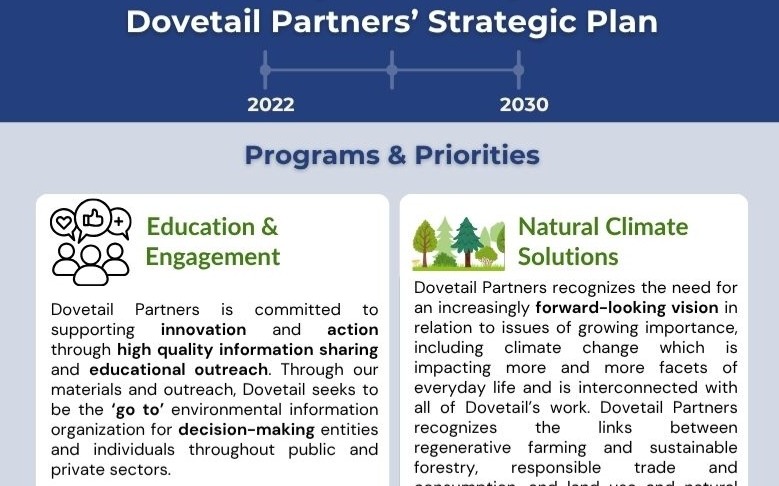Dovetail Partners Consuming Responsibly Report No. 10
There are two significant environmental aspects of bathing: consumption of water and consumption of energy. In 40 of the 50 states, governments are concerned about future shortages of fresh water, and therefore are seeking strategies for reducing consumption. In addition, many citizens and governmental leaders are apprehensive about rising levels of atmospheric carbon, and are looking for ways to either reduce energy consumption and/or transition away from fossil-fueled energy production.
Individual consumers have the power to contribute to reduction of both water and energy use in bathing. Using less water can reduce energy use, since energy is used at every step in water purification and distribution, and in heating water to bathing temperatures. Things that consumers can do to reduce water and energy consumption include use of showers rather than bathtubs, replacement of high-flow shower heads in older homes, installation of lower flow shower heads than mandated by law, taking shorter showers, using only the quantity of bathwater needed to clean up when using a bathtub, and giving careful thought to consequences before purchasing large volume and whirlpool bathtubs. Hot tub purchases deserve even greater consideration prior to acquisition.
This report examines environmental implications of bathing facilities and habits. Alternatives for minimizing impacts are identified.

.png)
.png)
.png)

.png)
.png)